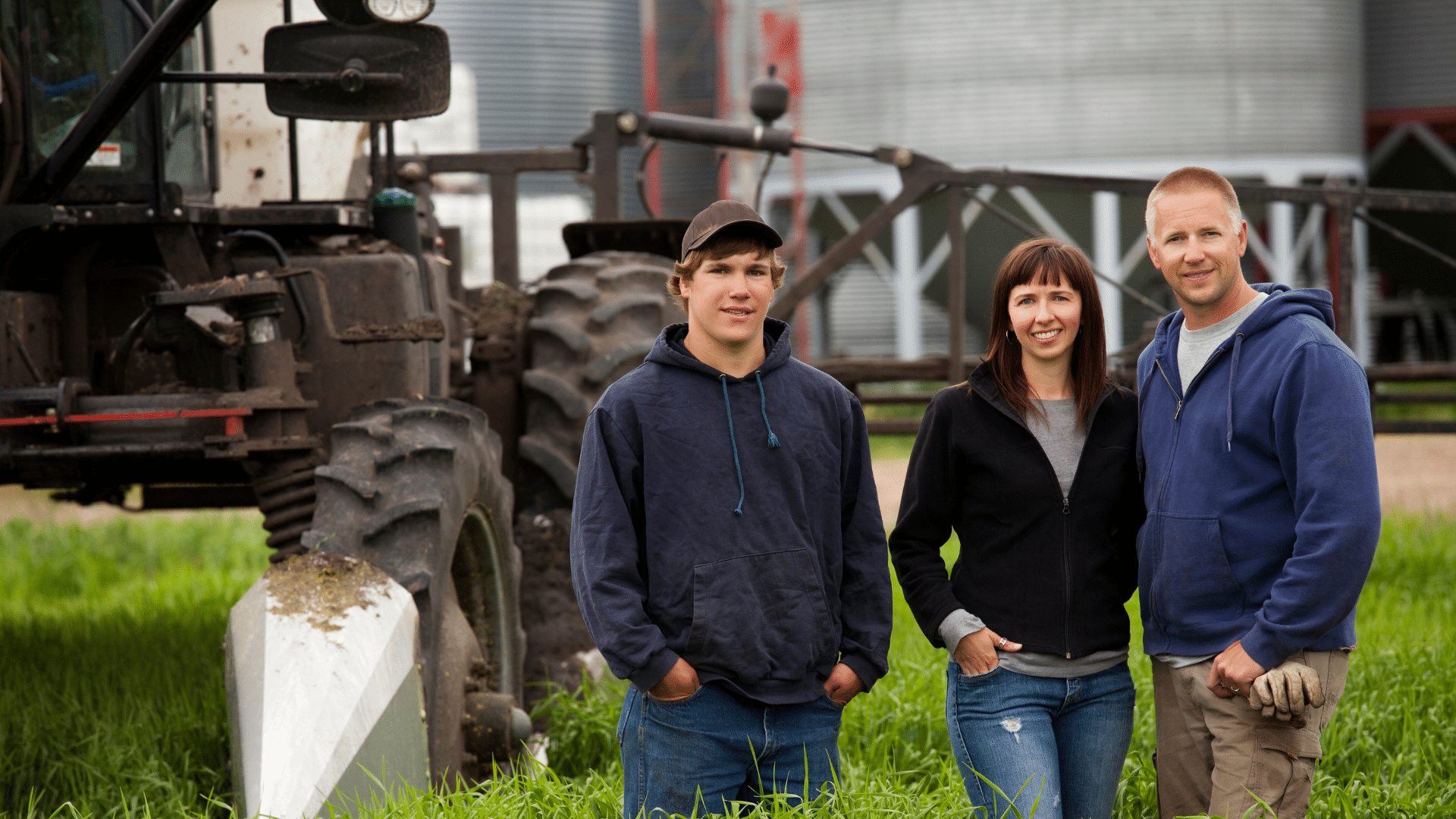Farmers enjoy a special tax status than other businesses as they face unique challenges. Like all businesses, farmers also have to do estate planning to transition their farm business to the next generation in a way they can sustain the business. For instance, farmland comes in patches of land. Instead of dividing it equally between your kids and spouse, you might want to consider dividing it fairly.
Like all businesses, some beneficiaries might want to actively participate in the farm business, while some might not be interested. Hence, the heir that will run the operations should have more operational power.
While planning your estate transition, you have to consider several factors and be flexible with your transition plan. This article will discuss things farmers should consider before transitioning farms to successors.
Things Farmers Should Consider When Planning to Transition the Farm
Transitioning farms has significant financial, estate, and tax implications. No matter how much you want to keep the farm in the family, you should look at farm assets from personal finance, business viability, and tax angle. A qualified business advisor may help you prepare an estate plan that balances emotional and practical consequences and smoothens the transition process.
Consider Personal Finance While Transferring Farm Ownership
The first thing to consider when planning your transition journey is to look at your personal finances. Your farm business has put the bread on the table all your life. Do not blindly give your entire farm business to your children. If you have other sources of income, you could consider being generous with the transition of your assets. But if income from farmland is a significant part of your retirement income, keep some farmland to yourself.
A professional business advisor can help you with a business structure that pays you income through retirement. Depending on your financial goals, your advisor can suggest an adequate method of transitioning your assets. Three ways to transition farm is by selling the farmland to your children, gifting it to them, or transferring the assets through a will.
As they say, never put all your eggs in one basket. Farming income depends a lot on climate. A significant dependence on farm income could leave you cash-strapped in low seasons. Investing money through Registered Retirement Savings Plan (RRSP) or Tax-Free Savings Account (TFSA) can diversify your retirement income and keep the cash coming even in the off-season. Your business advisor could direct you to a wealth advisor to help you with your investment needs.
Consider Business Viability Before Transitioning Farm Ownership
A farmer is a business owner and has to wear that hat to ensure estate transition takes place in the business’s best interest. You don’t want to transfer a loss-making company to your children and burden them with business debt obligations. Hence, it is better to analyze the business’s financial condition before transferring the estate. A professional business advisor can do a financial health check-up of your farm business and guide you to enhance profitability.
You also want to ensure the business continues to run in sound health even after the transition. Hence, you train your successors on your business and gradually transition the business while retaining control over significant decisions. There are many ways for succession planning, like revenue-sharing arrangements or progressive management responsibility. A business advisor can help you through the succession.
But you also have to consider that your successor may or may not be interested in taking up the farm business. If there are no successors, do what is best for the company. You could consider selling your farm business to someone and living off your retirement years from the sales proceeds. Discuss it with a business advisor.
Tax Considerations on Transfer of Farm Ownership
Whatever decision you make for transitioning your farmland, remember a significant tax liability is associated. The Canada Revenue Agency (CRA) gives farmers a lifetime capital gains exemption (LCGE) of $1 million. For instance, Roger can sell his kids his $3 million worth of farmland. The kids can claim the LCGE on the capital gain on the sale of qualified property, including buildings, land, milk and egg quotas, and company shares.
Farmers can also transfer qualified property on a tax-deferred basis through the Income Tax Act’s Intergenerational Farm Rollover Provision (IFRP). Under this provision, you can roll over land, equipment, shares and partnership interest but not inventory. Moreover, you can only transfer the asset that was principally (more than 50%) used for farming before the transfer.
The tax implications are complicated, and the above two transition methods are more complex than they look. A business advisor specializing in farm business can help you through the transition while focusing on finance, business, and tax.
Contact McCay Duff LLP in Ottawa for Expert Estate Planning Advice
A skilled business advisor can help you plan your farm transition in the most tax-efficient manner. At McCay Duff LLP, our tax experts can provide services to support your tax and estate planning function. In addition, we can provide you with recommendations on succession planning best suited for your business. To learn more about how McCay Duff LLP can provide you with estate planning expertise, contact us online or by telephone at 613-236-2367.





